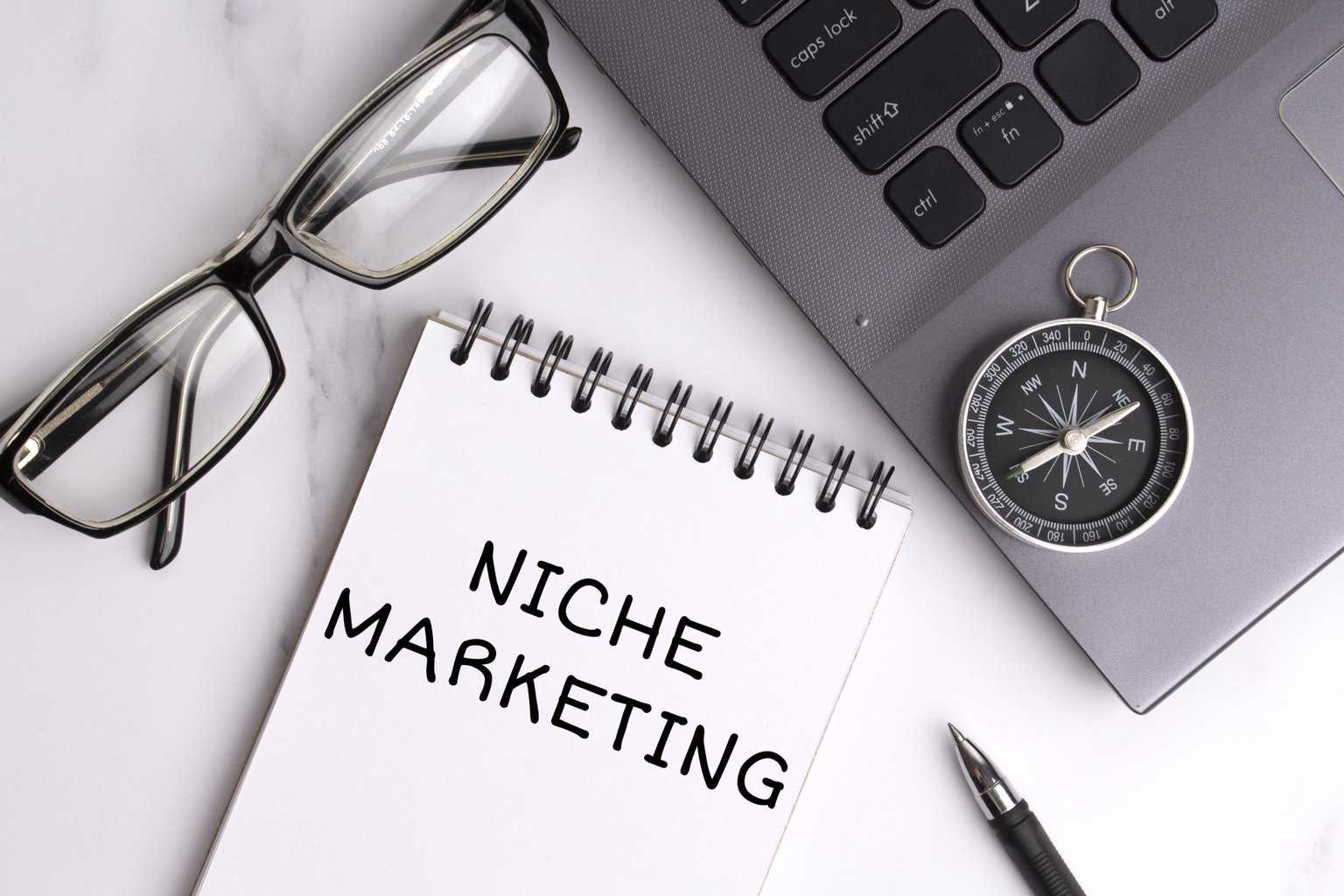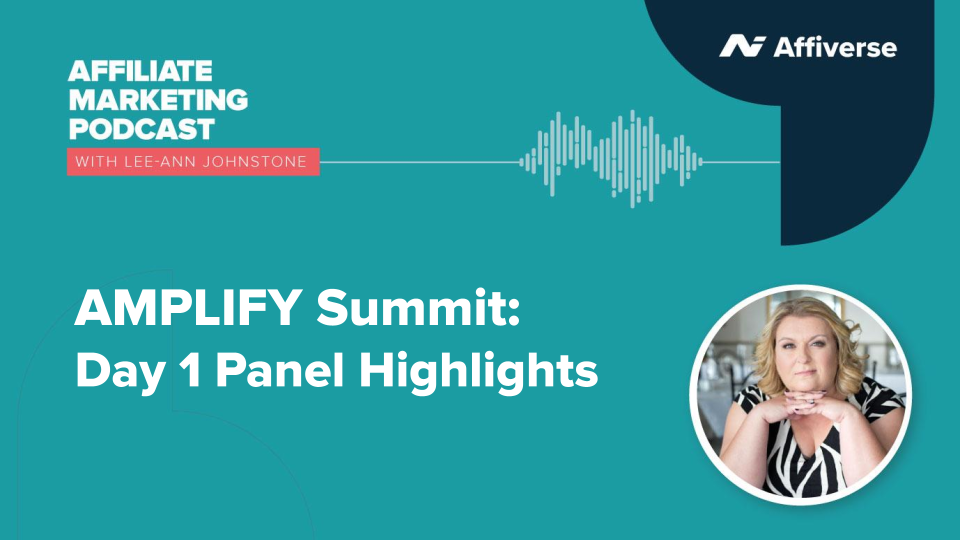As Mad Men’s mercurial creative director Don Draper put it: nostalgia means “the pain from an old wound… It’s delicate, but potent.”
Nostalgia has long been a tool in the arsenal of marketers and advertisers, but we’ve seen it really come to the fore in recent years, fuelled by hit TV shows such as Stranger Things which have successfully romanticised and aestheticized bygone decades.
In essence, marketing is all about psychology, and there are few emotional triggers as powerful and poignant as nostalgia. Let’s take a closer look at what nostalgia marketing is and discuss how it can be used by affiliates to maximise results. Read on to find out more.
What is nostalgia marketing?
The concept of nostalgia marketing is actually relatively simple. It is the practice of making connections and references between your brand and ideas from the past. This could be particular styles such as clothing or colour schemes, referencing particular products, or giving a nod to historical events or cultural movements.
Nostalgia is a subjective feeling. Certain things will stir up feelings of nostalgia in some people and not in others. However, there are general ideas and concepts from the past that are widely recognised and can be used to elicit feelings of nostalgia across broad age groups and demographics.
Why is it so powerful?
Nostalgia marketing might seem a little counterintuitive. After all, as a business, you want to be constantly progressing and looking forward. What good can come from reminiscing about the past?
However, harking back to days gone by can be an incredibly effective tool, and it can be used to form deep, meaningful connections between your brand and your customers. Emotion is key in marketing, by appealing to the feelings of consumers, you will humanise your brand and make it easier for customers to relate to your business on an emotional level.
As Don Draper so succinctly put it, the word nostalgia is a portmanteau of the Ancient Greek terms ‘nostos’, which means ‘home’, and ‘algos’, which means ‘pain’. Nostalgia is a unique feeling, it can conjure up a range of different and often conflicting emotions, including happiness, sadness, homesickness, calmness, and comfort. This is a heady mix, making nostalgia an incredibly powerful tool that, once experienced, is not soon forgotten.
Nostalgia has long been a subject of interest for researchers. Studies have discovered that, despite the feelings of sadness and melancholy that nostalgia can inspire, it is a largely positive emotion, and can even fortify social bonds and boost our mental and emotional state.
So, nostalgia is certainly a powerful tool, and it has been used across marketing and campaigns for years. Let’s take a look at one of the most famous examples.
Crystal Pepsi
Perhaps one of the best examples of successful nostalgia marketing is the Crystal Pepsi campaign. Crystal Pepsi was launched in the early 1990s, marketed as a caffeine-free alternative to the company’s flagship cola drink. Despite the success of the product, which was named Best New Product of the Year by Richard Saunders International in 1992, Crystal Pepsi was discontinued in 1994, just two years after its initial launch.
However, in 2016 Pepsi decided to relaunch the drink, after a grassroots campaign from fans gained traction across social media. In the relaunch, Pepsi focused heavily on the nostalgic aspects of Crystal Pepsi, constructing a new website for the drink that paid homage to 1990s aesthetics and visual design.
In addition, Pepsi referenced various other 90s-era cultural fads throughout their Crystal Pepsi marketing campaigns, including classic toys like Tamagotchis and Furbies. The marketing campaign was a resounding success, particularly appealing to millennials who were quick to spot these references to their childhood, and Crystal Pepsi was trending across all of the major social media platforms.
How can you use nostalgia in your affiliate strategy?
If you want to use nostalgia in your affiliate marketing strategy, you can’t simply dive straight in.
First, identifying your target audience is absolutely essential. By drawing up accurate consumer profiles, you’ll be able to assess the age, location, and cultural background of your consumers. With this information, you can then identify particular themes and references that are most likely to elicit feelings of nostalgia.
Once you have worked out what you can use to trigger nostalgia among your customers, this can then inform your strategy as you move forward and can be incorporated into your social media campaigns.
Your approach can be as subtle or as obvious as you like. Introducing certain colours or visuals that hark back to a particular era without overtly saying so can be a powerful psychological trick, it can make users feel familiar and comfortable with a brand without knowing exactly why.
On the other hand, more blatant nostalgic references can be effective too. Throwback and ‘Remember when’ style posts can create instant engagement and get people talking about and sharing your content.
Conclusion
Nostalgia is a powerful marketing tool that affiliates cannot afford to overlook. Follow the advice in this guide to use nostalgia in your affiliate marketing campaign.
If you’re looking for more affiliate and social media marketing knowledge, check out our blog for the latest news and affiliate marketing insights. If you want a more personalised approach, book a free call with a member of our team.
For the very best advice from industry experts, register for our Amplify Action Day. This will give you access to masterclasses and panel discussions from key industry figures, which you can stream on demand from our website for just £99.























